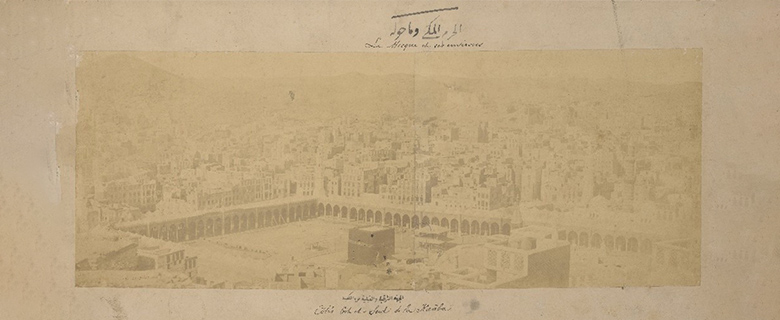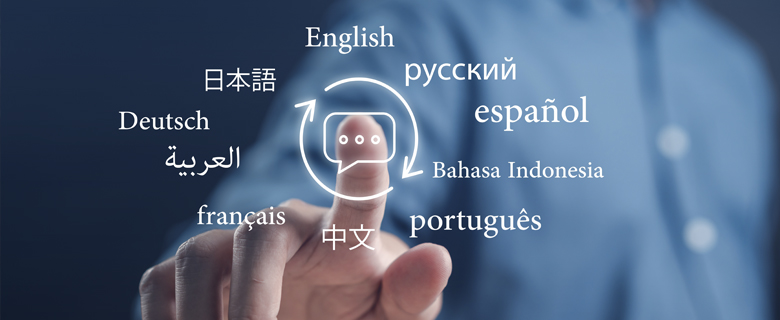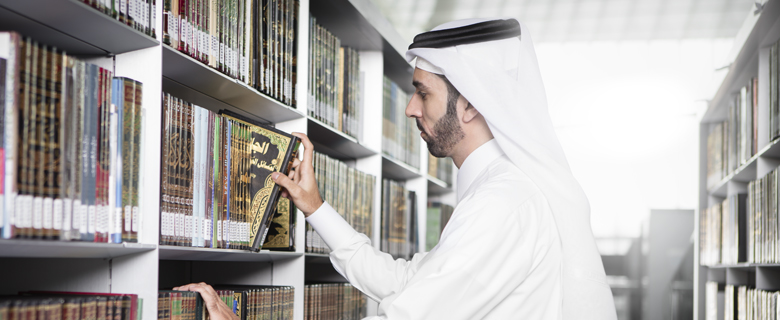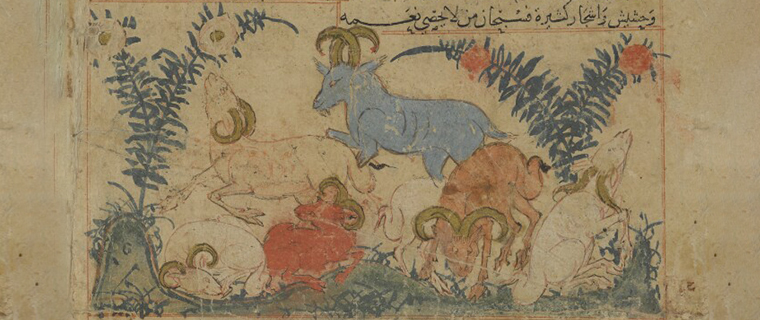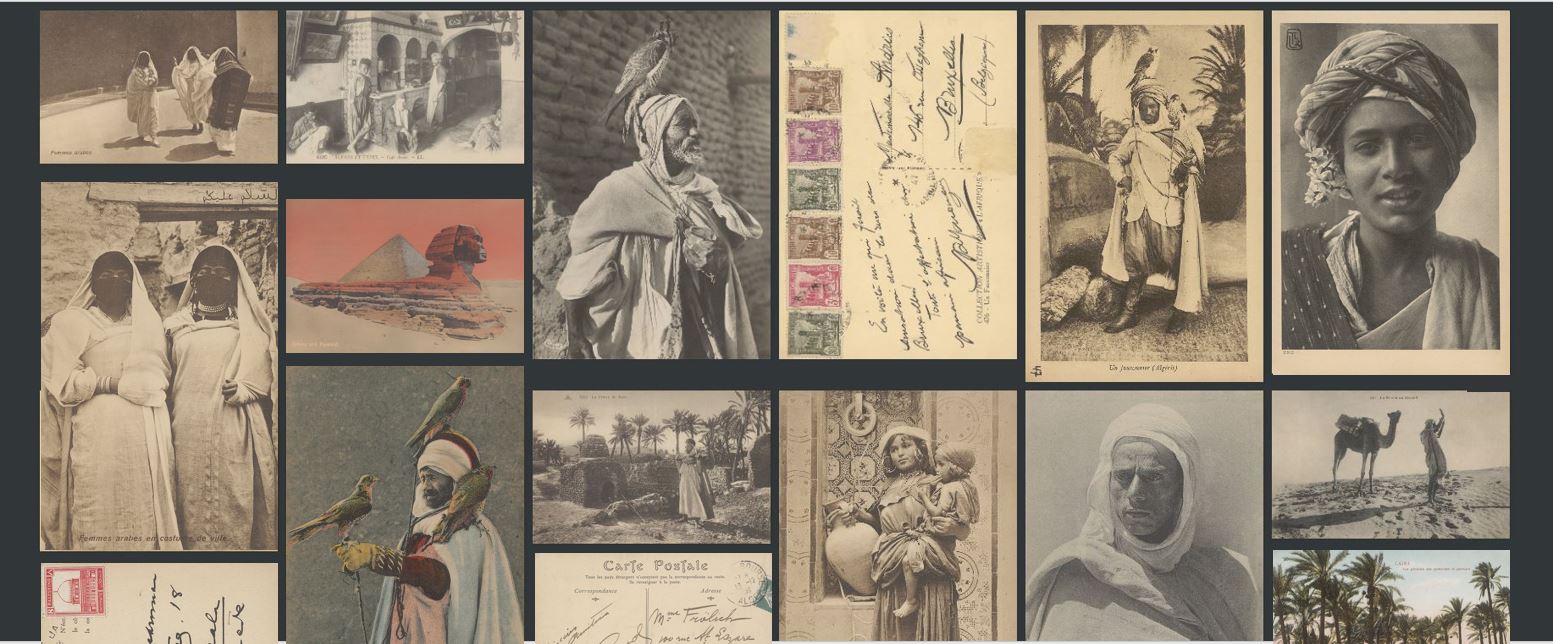Travel to the holy sites – especially to Makkah and Madinah – has long been associated with spiritual dimensions that form the core of individual experience. Yet these journeys have also held elements of exploration and adventure, often unfolding in unexpected and unplanned ways. The Arabic literary tradition has preserved many stories and accounts of such travels, whether undertaken by explorers and adventurers from around the world or by state officials on official missions.

